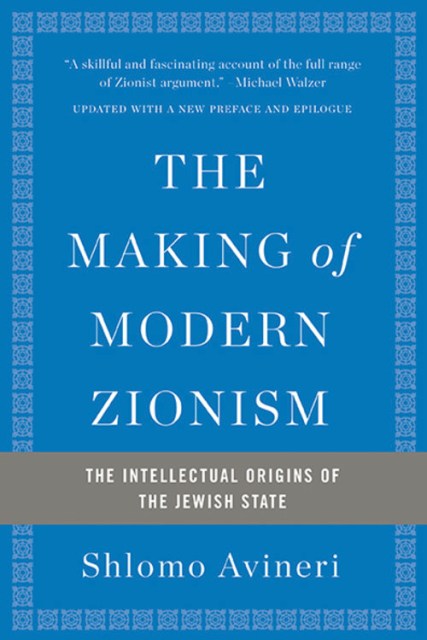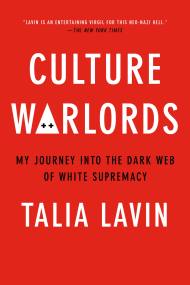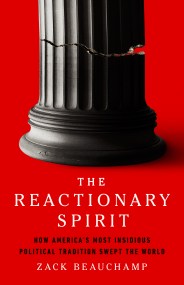The Making of Modern Zionism
The Intellectual Origins of the Jewish State
Contributors
Formats and Prices
Price
$19.99Price
$25.99 CADFormat
Format:
- Trade Paperback (Revised) $19.99 $25.99 CAD
- ebook (Revised) $13.99 $17.99 CAD
This item is a preorder. Your payment method will be charged immediately, and the product is expected to ship on or around April 4, 2017. This date is subject to change due to shipping delays beyond our control.
Also available from:
For eighteen centuries pious Jews had prayed for the return to Jerusalem, but only in the revolutionary atmosphere of nineteenth-century Europe was this yearning transformed into an active political movement: Zionism. In The Making of Modern Zionism, the distinguished political scientist Shlomo Avineri rejects the common view that Zionism was solely a reaction to anti-Semitism and persecution. Rather, he sees it as part of the universal quest for self-determination. In sharply-etched intellectual profiles of Zionism’s major thinkers from Moses Hess to Theodore Herzl and from Vladimir Jabotinsky to David Ben Gurion, Avineri traces the evolution of this quest from its intellectual origins in the early nineteenth century to the establishment of the State of Israel. In an expansive new epilogue, he tracks the changes in Israeli society and politics since 1967 which have strengthened the more radical nationalist and religious trends in Zionism at the expense of its more liberal strains. The result is a book that enables us to understand, as perhaps never before, one of the truly revolutionary ideas of our time.
- On Sale
- Apr 4, 2017
- Page Count
- 304 pages
- Publisher
- Basic Books
- ISBN-13
- 9780465094790
Newsletter Signup
By clicking ‘Sign Up,’ I acknowledge that I have read and agree to Hachette Book Group’s Privacy Policy and Terms of Use







